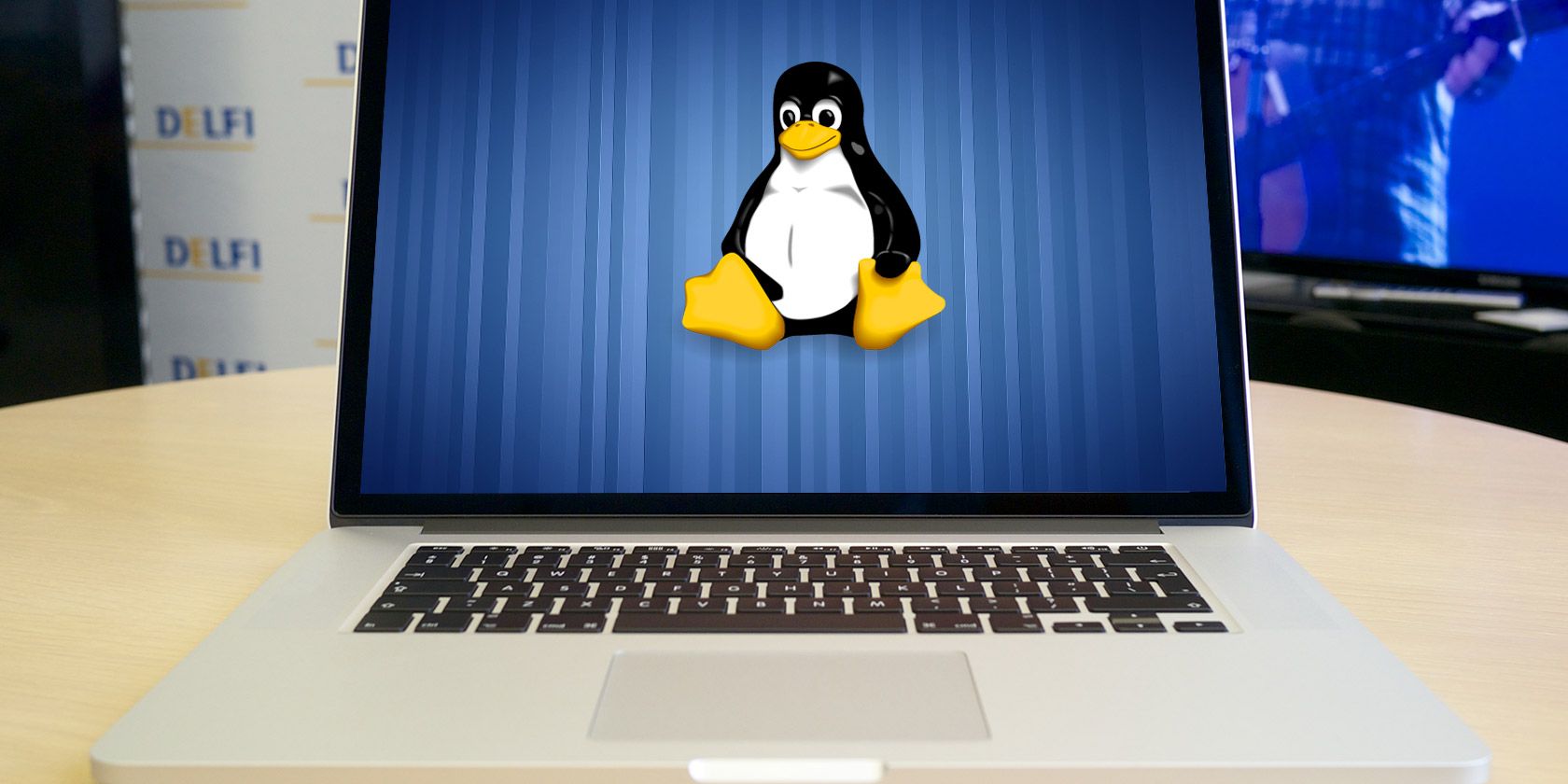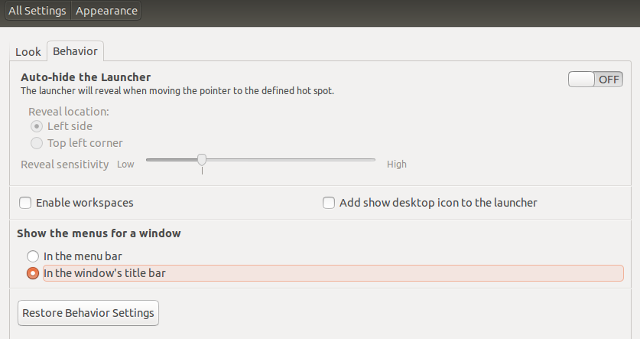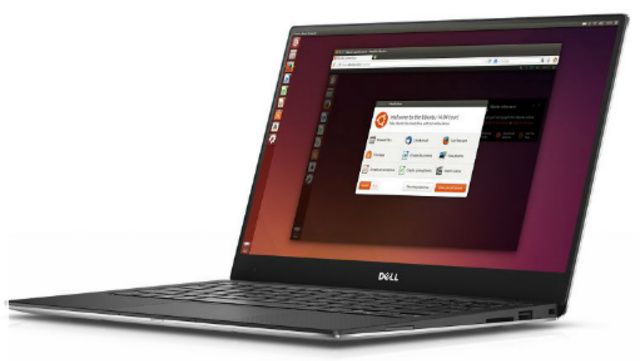Linux is easily the most popular project in the open source and free software movement (free as in freedom, rather than free as in free sample). Apple's computers, on the other hand, form part of the most restrictive ecosystem you can buy into.
You'd think that the two can't mix, both literally and ideologically — but you'd be wrong.
So why in the world are there Linux users who buy (and even prefer) Apple hardware for the sole purpose of running Linux, myself included? It turns out there are valid reasons why many end up running Linux on a Mac, including (at one point) Linux kernel developer Greg Kroah-Hartman.
Great Hardware
Although your personal opinion may differ, the general consensus is that Apple makes some great hardware. And I have to agree with that — just take the latest MacBook Pro as an example. It has an aluminum unibody that makes the computer sturdy and durable, an exceptional battery life, a superb display, a widely-loved keyboard and trackpad, and it's quite portable thanks to its thin profile and low weight. If anyone has a major gripe with it, it'd be the design (and the user-repairability that comes with it), but there are a significant number of people who believe it's the best laptop for their needs.
It's logical that if you can afford the initial expenditure you'd spend more money for higher-quality hardware that results in a better user experience and increased longevity of parts that won't easily break or malfunction.
Just because some people prefer to use an OS like Linux doesn't mean that they don't want to work with high quality hardware. While Apple isn't the only company who make durable laptops, they're still a valid choice available to Linux users. The only thing that Linux users really have to worry about it the highly-proprietary nature of the hardware, which may cause driver issues down the road.
For example, my late 2013 MacBook Pro with Retina has a new PCIe-based webcam rather than the regular USB-based iSight webcam from older models. So far on Linux, there's no driver for this new webcam. However, if you don't need it (or are fine using an external webcam that Linux supports), then that's not a barrier for using a MacBook Pro and Linux.
Linux is not Mac OS X
This brings me to another somewhat-related point: people don't always buy Macs for Mac OS X. They may want the hardware that Apple makes, but the have different preferences when it comes to software. Some people use boot camp to dual-boot Windows on their Macs, so there's no reason why you can't run Linux instead of Mac OS X too.
While I'm not really aware of any major software applications that run on Linux but not on Mac OS X (though the opposite is true), the main benefit to choosing Linux is customizability.
Unlike Mac OS X, you can completely change how your desktop looks and behaves, as well as make deep system tweaks to how your computer operates. If you want full control over your entire operating system — from kernel version to desktop environment — Linux would be the obvious choice, especially if you aren't too bothered about the Apple ecosystem.
It's worth pointing out that both Linux and OS X use UNIX as a base, and both adhere to a similar system of permissions in terms of restricting app and user freedom on an OS-level. Many attribute this to the good names both platforms have established for themselves in terms of security and lack of malware (though obscurity has played its part, too).
A Challenge & An Expression of Freedom
Some of the more adventurous Linux users choose a Mac on purpose as it is more difficult to install Linux on them than on most PCs. Macs are very proprietary in nature, and Apple intentionally tries to make it more difficult to install anything non-approved in non-approved ways (unlike installing Windows via Bootcamp).
Many users see the installation of Linux on such systems as a challenge, as they're ultimately making Linux run on something that really wasn't meant to run it. And they've succeeded — nowadays performance is pretty good, I've even made a straightforward guide for installing Ubuntu on a MacBook Pro Retina.
Once Linux has been successfully installed, it becomes a badge of honor that they're running Linux on an Apple product. Expect such users to show off their Linux-powered Apple computer frequently. Don't be surprised to find a penguin sticker on the glowing Apple logo, too.
Many users are trying to make the point that you can always "free" hardware from its symbolic proprietary "chains". Instead of being locked to a tightly controlled, Apple-sanctioned operating system, you have the choice to use something else instead.
In the grand scheme of things it's little more than bragging rights to impress passersby, but those users are happy and proud to be running such a system. And good for them, because again, the hardware is pretty nice.
Oranges, Not Apples
However, running Linux on a Mac might not be unbelievable yet perfect marriage that this article may make it seem to be. While there are huge benefits to be found running a truly free OS on durable high quality hardware, there is one ideological flaw if a user's purpose for installing Linux is to "free" the hardware.
While the aim is to turn a proprietary system into an open one, you still have to pay for the hardware and thereby support the purveyors of such a proprietary system (Apple) in the process. That's a conflict of interest, because you're supporting the very thing that you're trying to oppose. Not all users will feel this way as choice of OS is a personal one, and not everyone is motivated by such ideology.
It's also worth noting that Apple doesn't make the only examples of high-quality computer hardware. System76 and ZaReason are two popular manufacturers of computers specifically designed to run Linux, although they focus more on flexibility and power rather than build quality and world-class design.
There's also Dell which offers a few Linux-friendly systems that may offer a higher standard for build quality. Once you look farther than that, you can pick just about any manufacturer and slap Linux on it. However, if you're looking for a metal unibody laptop, then good luck — those are hard to find.
People Actually Do It
As you can see, there are lots of reasons why Linux users and Apple hardware might mix. And people from around the Web agree.
Is using Linux on your Mac right for you? That's up to you to figure out as setting up Linux on a Mac isn't as headache-free as simply using Mac OS X. For example, some tweaks need to be made to improve the experience on HiDPI displays such as Apple's Retina display. But don't think that it isn't possible, as clearly others have done it.
Would you install Linux on your Mac? What would make you switch to Linux or stay with OS X?



